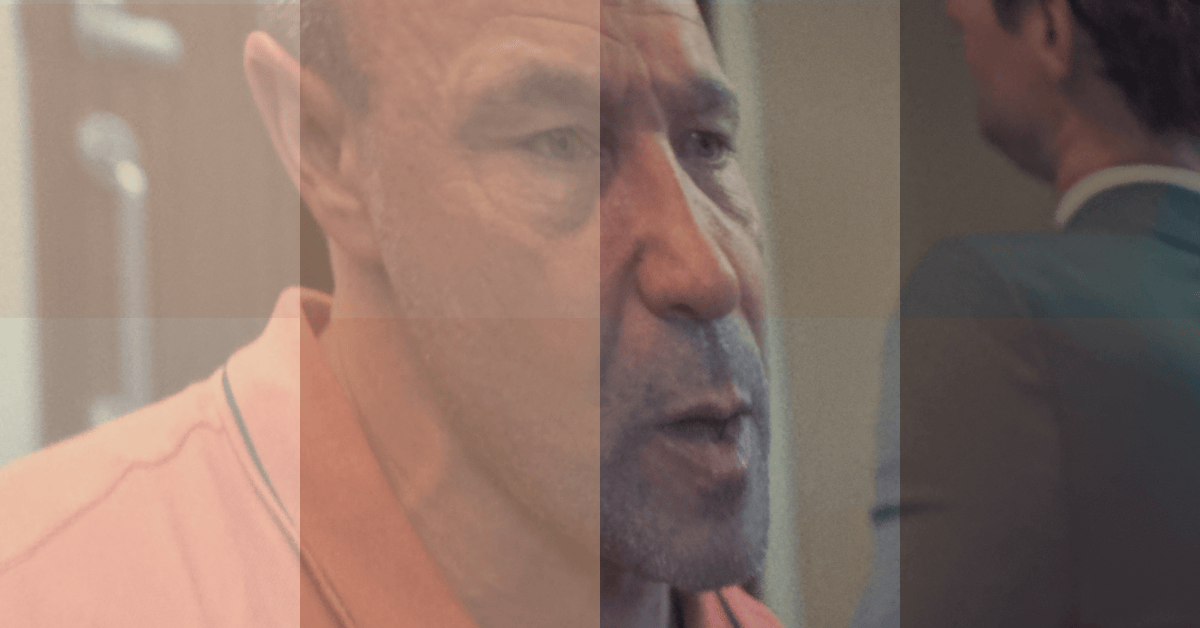Adolescence Episode 1 Review
It Feels More Like Living Through Something Than Watching It
The way it’s shot, usually I roll my eyes at that kind of trick, but here it’s essential. It mirrors the relentlessness of the story. No pause, no cut, no way out.
Episode #1.1
Director: Philip Barantini | Writers: Jack Thorne, Stephen Graham
[SPOILERS FOR THE WHOLE SHOW BEYOND THIS POINT]
my rating
9.2/10
The weight of the one-shot
What really makes this episode and show overwhelming is the way it’s filmed. The one-shot style forces you to live inside the same unbroken moment as the characters. There’s no cut that lets you breathe, no distance to retreat into. You’re trapped in the hallways, the interview rooms, the searches, just like the boy (Jamie Miller played by Owen Cooper) and his family. It’s immersion realism.
The relentlessness of the camera matches the relentlessness of the system. The story doesn’t give you space, so the camera doesn’t either.
The episode starts with shock
Jamie is accused of murder and the cops raid his house and place him under arrest. From that point on, everything moves forward like a machine that can’t stop. The father (Eddie Miller played by Stephen Graham) pushes back, “he’s been accused, not proven guilty”, but it doesn’t matter. The strip search, the processing, the calm but invasive procedures just keep coming.
That’s what got under my skin. Everyone (lawyers, doctors, police) is polite, even nice. But at the same time, they’re violating this boy and his family, and it’s all brushed off as standard process. Two of the security guards at the facility even shake their heads at how he’s being treated. Jamie seems pretty clearly guilty, though it’s unclear if the guards—or anyone outside the detectives—had access to the damning evidence at this point. Still, to be near him during such a traumatic, dehumanizing process is painful for anyone to witness, especially when it’s happening to a kid. Is this extra pain necessary? Just a question not an implication.
What Adolescence does so well in this episode is pull you into thinking about the mechanics of law and order. Once someone is accused, they’re already treated as guilty. The system dehumanizes. And it makes me ask: does incarceration have to look and feel like this? Does restraint have to equal stripping away dignity?
It’s not just commentary, though. The dialogue is sharp, the mystery of the crime unfolds slowly, and the tension never lets up. It’s cultural critique and gut-punch drama at the same time.
“Cross that bridge when we come to it”
DI Luke Bascombe: “Evan, I don’t know what you’re asking me.”
Evan: “I’m asking for a risk assessment.”
Bascombe: “Well he’s been accused of murdering someone with a kitchen knife.”
Evan: “So, where are we gonna put him?”
Bascombe: “Cross that bridge when we come to it, won’t we? Yeah?”
It’s about the gray area where nobody really knows what’s going to happen. The boy might be guilty. He might not. The police know how strong the evidence is, but this is not revealed fully until later on in the episode. The lawyer asks questions, but the answers are always delayed. And in that vacuum, the family spirals.
Unsettling limbo. The accused kid is literally between two identities, child and criminal, and the adults around him are caught between procedure and instinct. The police are professionals but also confused. The father defends but also doubts. The lawyer pushes but also stalls. That in-betweenness mirrors the title of the series itself. Adolescence is the stage where everything feels unstable, where you’re judged as both too young and too old at the same time, and this episode channels that unease into every frame.
So when Bascombe tosses off that line about “crossing the bridge,” it’s not just about prison logistics. It’s about how every adult in the room is improvising, papering over uncertainty with authority. There is an emotional cost to this system, even if you look at it in a vacuum.
Why It Sticks With You
Rating: 9.2/10. You’re left thinking not just about whether this kid is guilty, but about the cost of being processed like you already are. That’s why the episode lingers. It’s not just the mystery of the crime, it’s how fragile dignity can be once the system decides who you are.


